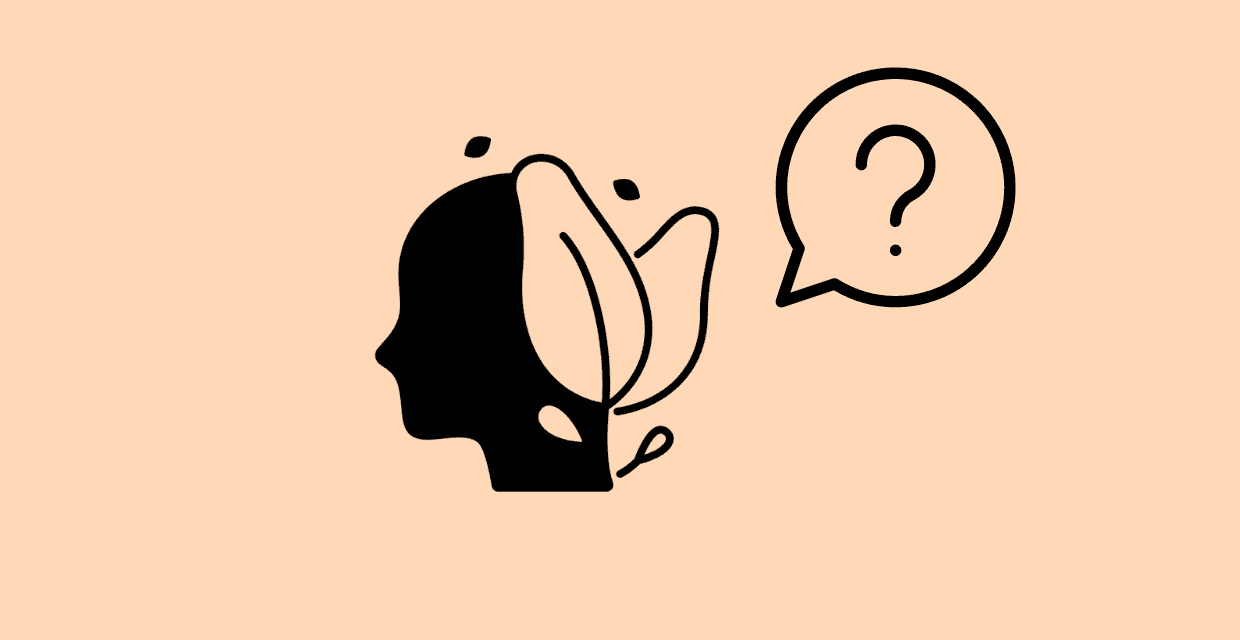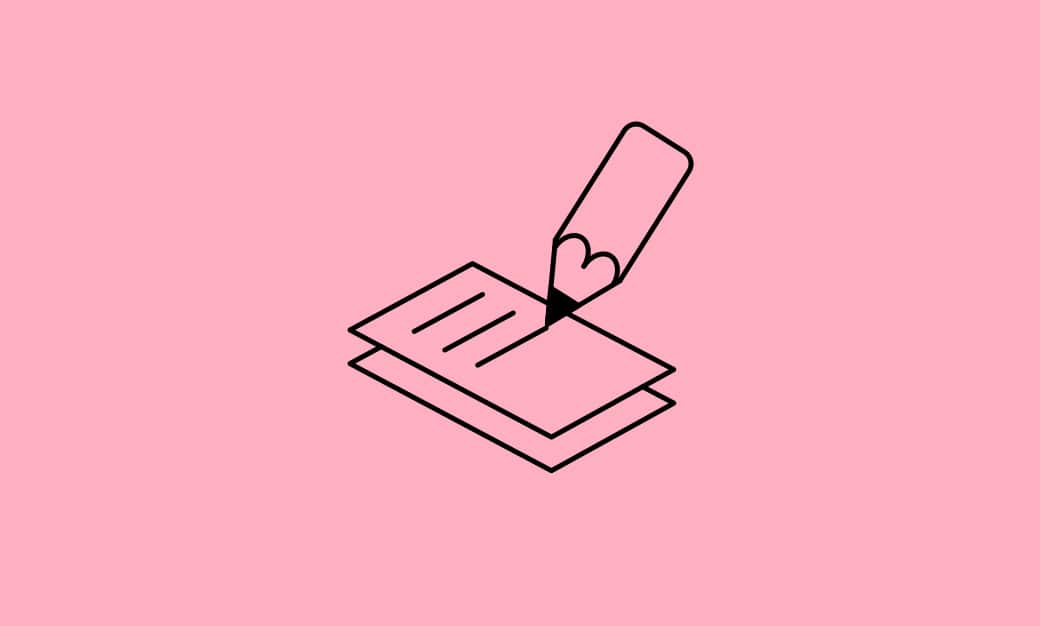
Beginning therapy and finding a therapist can feel a little like trying to find ‘the one’, not all therapists are created equal and it can take a while to find the right fit for you. To help you navigate this, we’ve noted 6 questions to ask your therapist that you might like to put forward at the start of your journey.
Questions To Ask Your Therapist
1. What professional body are you a member of?
Check their fu*%ing credentials. There’s a lot of phoneys out there. Asking them if they are a part of a professional body (see list in comments) will ensure they have had proper training, work to high standards of practice, and abide by a code of ethics. This protects you and this is what sets therapy apart from largely unregulated coaching practices.
2. “I’m struggling with _____ ” or “I’m looking to work on _____”. How would you go about helping me with that?
Hopefully, the therapist’s response will align with something you’re willing to try. The most important thing is that therapists can describe their process without jargon and in a way that you can understand. If you feel confused, ask for clarification.
3. Some therapists focus on the immediate concern, while others want to focus on the deeper issue. Which are you?
Many cognitive-behavioural based therapies are focused on treating immediate challenges, while deeper, psychodynamic-based therapies focus on the root causes of a problem. Depending on your needs you’ll gravitate to a modality that suits you. Ask your therapist to communicate their approach.

4. Do you tend to lead the session, or follow my lead?
Another key distinction is whether a therapist has a “directive” or “non-directive” approach. Some therapists have a plan for your session before you sit down. Other therapists wait for you to set the agenda, either with a pre-determined topic or whatever comes up for you as soon as you sit down. You may need to try out a couple of therapists before you know which approach you prefer.
5. What role does our relationship play in our work?
Some therapists view the therapeutic relationship as a microcosm of your relationships outside in the world i.e. the challenges you experience in the outside world will come up between us, and that’s a great opportunity to do important work. For others, therapy is more of a teaching space— a place where you learn tools and tips to apply outside the session. It’s good for you to know which you’re stepping into.
6. What are your strengths as a therapist/what are your limitations?
This by no means gives the therapist a free pass to bolster their ego. Not many clients ask this question, but you definitely can. By asking, they’re inviting the therapist to make an honest appraisal of their strongest attributes and what they can’t help with.
If you’re still unsure of where to start, you are always welcome to email us on hey@theselfspace.com with any questions and we’d happily point you in the right direction.



